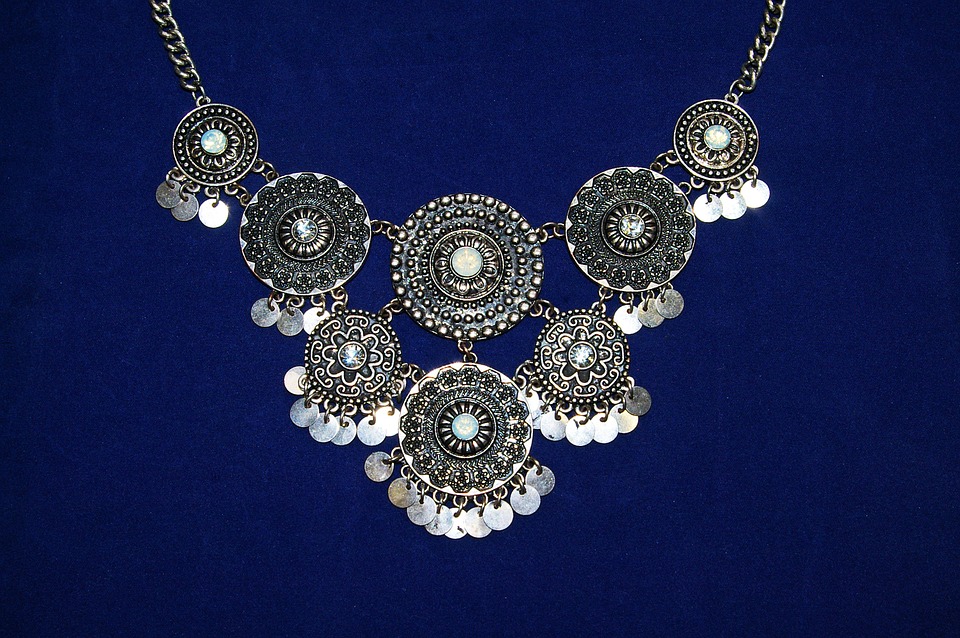If you love jewellery and simply can’t get enough of it, or if you’re looking for a different kind of investment for the future, then you could do a lot worse than going to vintage jewellery auctions.
However, you’ll need to know what you’re doing and you’ll also need to start out small – maybe watching the more experienced dealers and auctioneers, as well as the buyers, for example. You don’t have to buy anything at all if you’re not confident or knowledgeable, you can wait until you know the ropes (or the strings of pearls) a bit better.
There are a few things you can do to gain more knowledge and experience before you start, though, as well as things you can do while you’re actually at the auction.
Here’s a list of ten tips to help you to make a success of your jewellery auctions.
Ask as many questions as you need to
There really is no stupid question and some auction houses are particularly friendly and helpful – Ross’s Auctioneers in Belfast have a reputation for helping newbies, for example. Talk to jewellery specialists, read, go online and find forums; anything you can do to expand your knowledge is great.
Have some fun
Buy what you love, in the main. It’s jewellery, not pork bellies or oil! Have fun with it and build an amazing collection that also happens to be valuable.
Get closer
Buy a 10X loupe and look gems over closely. Some gems will have inclusions, trapped foreign material, and this can affect their value – for the good or for the bad.
Let the light in
Examine gems and pieces in natural light if you can; if you can’t then try to use a dealer’s diamond light, as this will show the stone as it is.
Don’t go overboard
You’re building an investment, right? What’s the first rule of investing? If you can’t afford to lose it, don’t spend it. Stay within your budget – don’t be tempted to pay for an item with your credit card as you’ll probably end up paying the interest for a while.
Check the history
Ask if the item has ever been repaired or adapted in any way; you should also ask how the clasps work. If you’ve just bought your dream bracelet, it’d be a terrible shame to bend or break the fastenings.
Special storage
Some types of stone need to be stored under special conditions, so always ask the seller or auction house if what you’re buying has any particular needs.
Get good grades
For your really expensive purchases – diamonds, rubies, sapphires and emeralds – you can get grading reports from the Gemalogical Institute of America, for example. Having a good grading report is essential if you’re a serious investor.
Look into it
If you’re buying pearls, then an x-ray will be able to tell if they’re cultured or natural. Natural pearls are more valuable by far.
Be flexible
Some provenances do carry a lot of weight – Kashmir sapphires are highly-prized, for example. However, if you find one that’s not great quality, ignore the name and go for the better-looking one from elsewhere.

